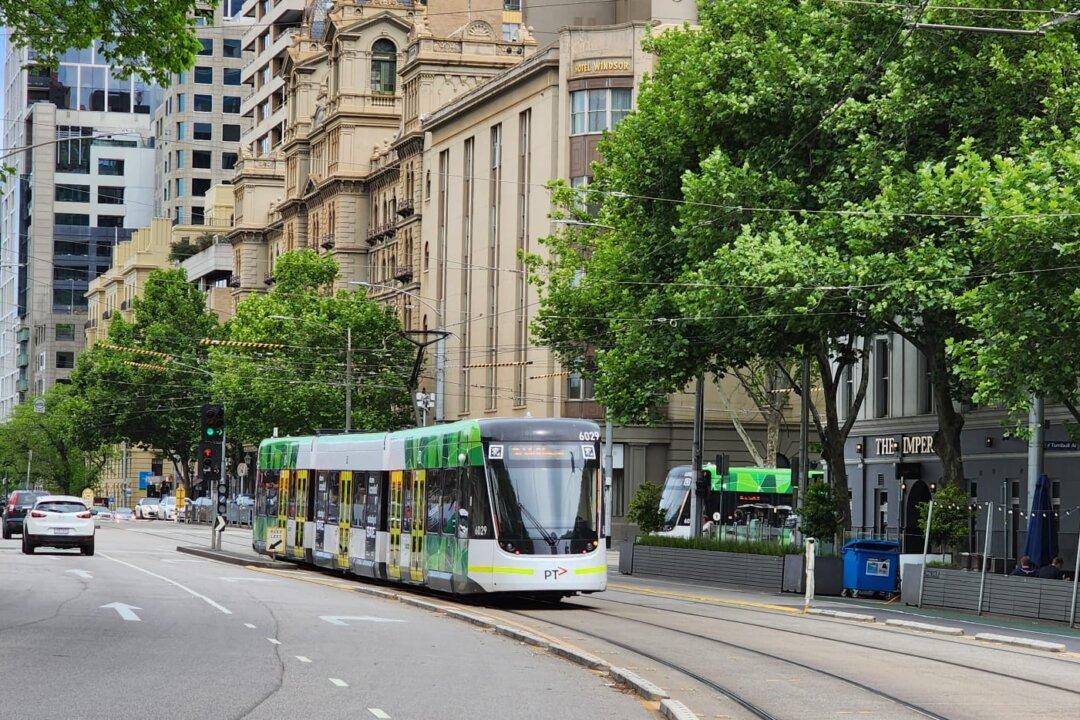Australians have been warned not to travel to Lebanon amid a security breakdown and escalation of conflict in the Middle East.
On Oct. 19, the Department of Foreign Affairs and Trade issued an update through Smart Traveller—a website run by the department aiming to provide consular assistance and advice regarding international travel—urging Australians to avoid travelling to Lebanon, and for citizens currently in the Middle-Eastern nation to leave.





